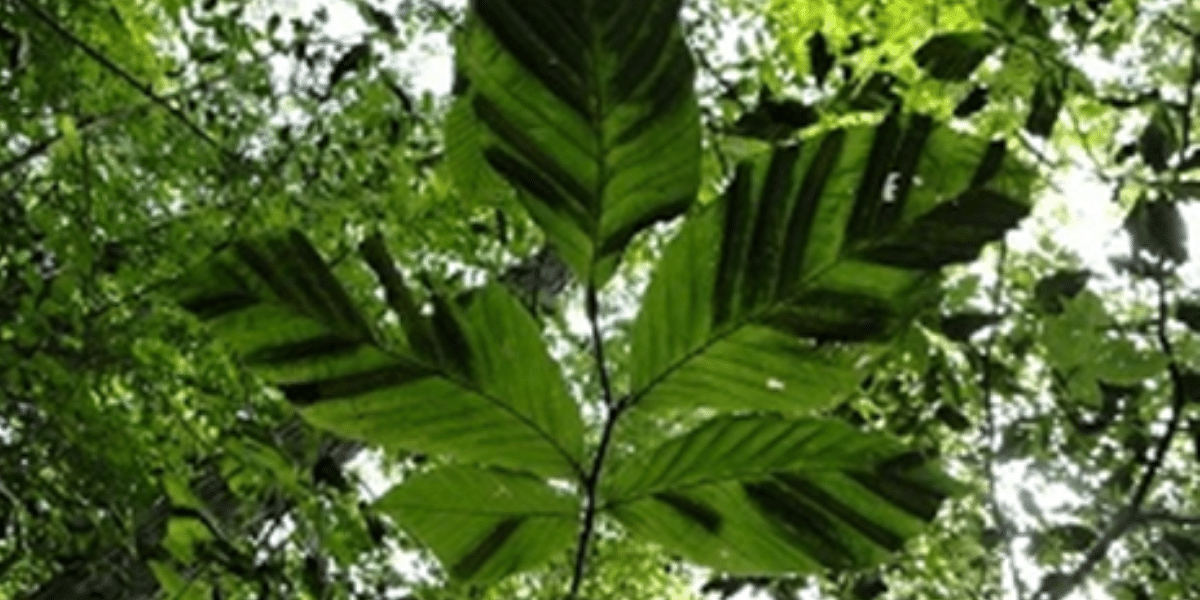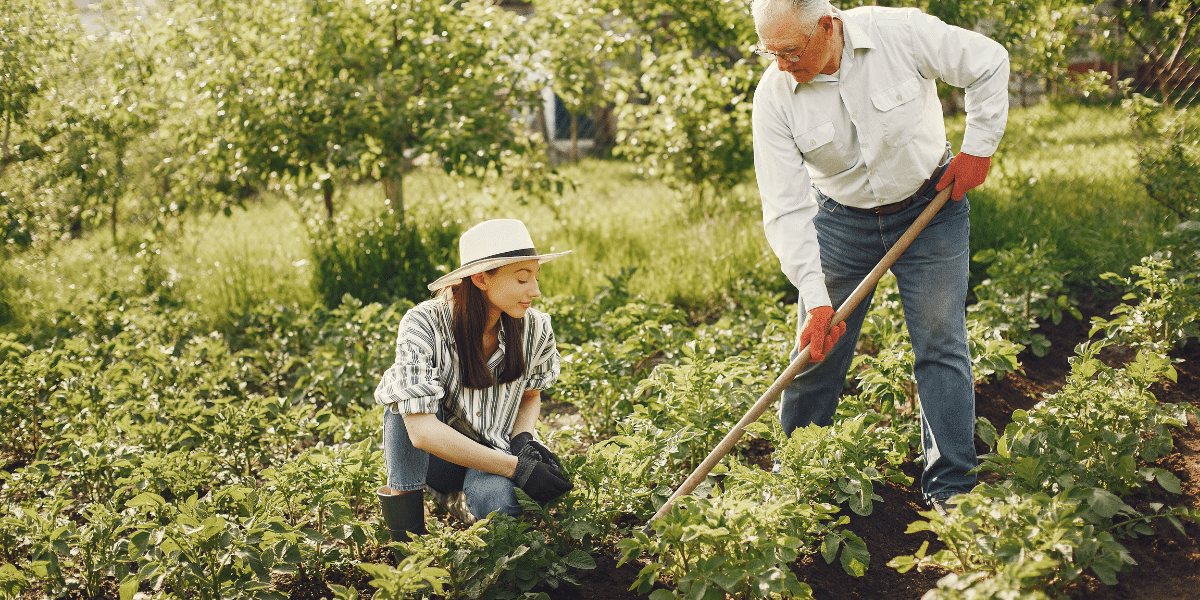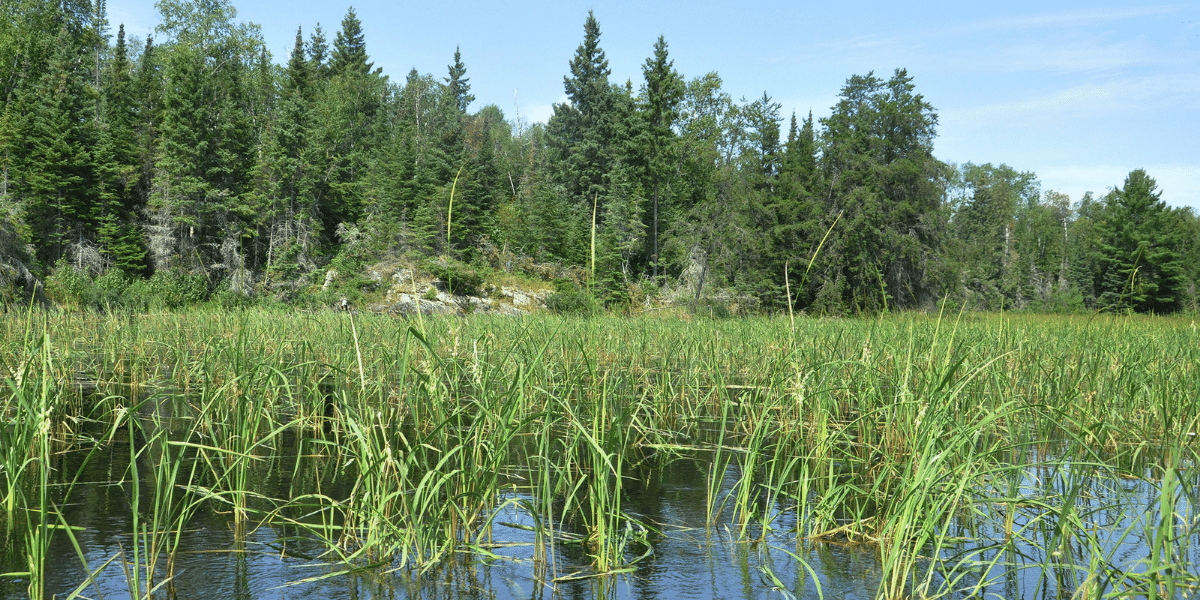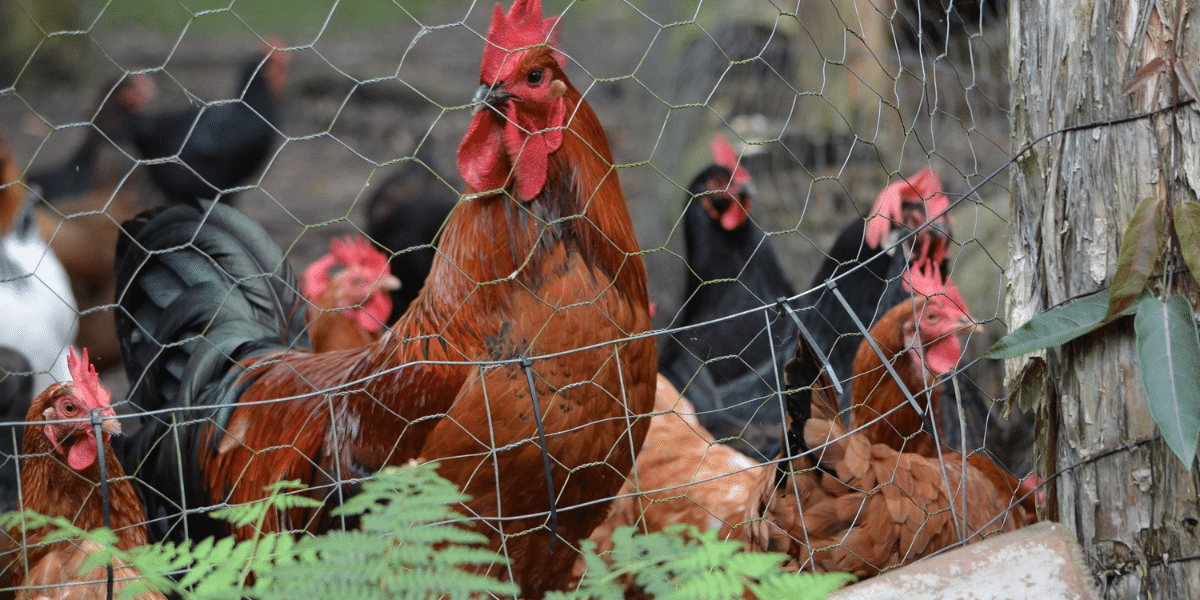Invasive Beech Leaf Disease Detected in St. Clair County
Invasive beech leaf disease has been confirmed in southern St. Clair County. That’s not great news, as the disease was not previously known to be in Michigan, the home of around 37 million American beech trees.
The disease is associated with a microscopic worm that damages leaves of American, European, and Asian beech species. Infected trees die within six to ten years of initial symptoms.
The disease was detected thanks to landowners who reported the suspected outbreak to the Midwest Invasive Species Information Network.
Simeon Wright, Michigan Department of Natural Resources Forest Health Specialist said, “Though beech leaf disease was detected this spring, the condition of the leaves and number of trees affected at this location suggests the disease has been there for more than a year. Because symptoms are slow to emerge, it is difficult to detect the disease before it is established.”
Symptoms of beech leaf disease are dead buds and darkened, thick tissue bands between leaf veins that make leaves look striped.
See below for instructions on reporting suspected cases and more information about the invasive disease.
DNR and MDARD encourage monitoring for any signs of the disease. If you suspect you have found a symptomatic tree, take one or more photos of the infested tree, including close-ups of affected leaves; note the location, date and time; and report it in one of the following ways:
DNR Forest Health Division: Email DNR-FRD-Forest-Health@Michigan.gov or call 517-284-5895.
Use the Midwest Invasive Species Information Network (MISIN) online reporting tool.
Download the MISIN smartphone app and report from your phone – MISIN.MSU.edu/apps/.
For more information on beech leaf disease and other species on Michigan’s watch list, visit Michigan.gov/Invasives.
Reporting for WGRT – Jennie McClelland






